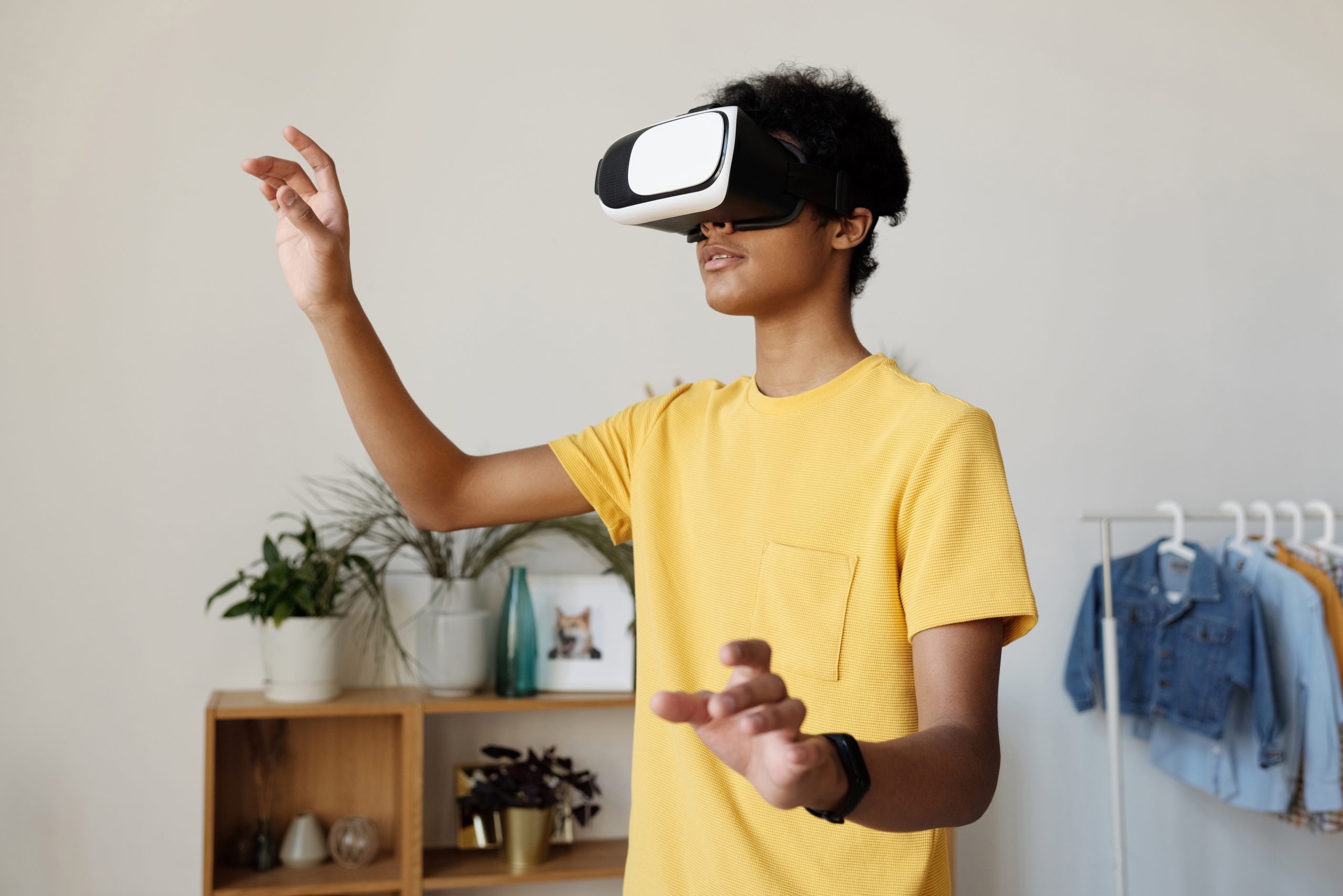Protecting children’s rights in the digital environment
Eurochild advocates for children’s rights and well-being to be at the heart of policymaking. We believe children should be able to enjoy online the same rights they already hold offline. In this area, Eurochild has three main goals:
- influence EU policy and legislation on children's rights in the digital environment, in particular regarding the prevention of online harm.
- develop the knowledge and capacity of members and children to be engaged in Eurochild's advocacy work - including peer-to-peer learning and sharing of experiences.
- ensure the voices of children on the exercise of their rights in the digital environment are heard and duly taken into account in decision-making processes regarding digital policy, both at EU and national levels.
The context
In Europe, children live their lives online and offline indistinguishably. But the reality is that most children spend a majority of their time in digital spaces that are not designed for them. Child sexual abuse affects at least one in five children in Europe and one in every seven victims is under 6 years. Children must be protected from harmful content (i.e. age-inappropriate material), contact (i.e. dangerous contact with adults), conduct (i.e. verbal aggressions online) and contract (i.e. using data from children for commercial extortion).
Following the UN General Comment No.25, decision-makers, civil society and service providers must uphold their duty to protect children’s rights, including to safety, in the digital environment. The EU must mainstream children’s rights and needs across digital policy. This 2023 will be a pivotal year as a new regulation on reporting, detecting and removing child sexual abuse (CSA) is being discussed to substitute the interim regulation which allows for the voluntary detection of CSA until August 2024. Children must be seen as full rights holders, to be regarded in all digital policies that affect products likely to be used by them. We must empower children as digital citizens by providing them a space that accounts for their specific needs and vulnerabilities. We cannot leave children behind in the digital transition. With the support of Oak Foundation, Eurochild is developing a number of activities to ensure the achievement of these goals.
EU Advocacy
Eurochild is working together with the EU and other civil society organisations to mainstream children’s rights in digital policy, including the EU proposed Regulation to combat Child Sexual Abuse, the implementation of the Digital Services Act (DSA), the Artificial Intelligence Act, etc. We advocate for child-centred approach in digital legislation that accounts for the rights of children and their specific needs and vulnerabilities.
Members Taskforce on children’s rights in the digital environment
We have set up a group of members working on this area to organise capacity-building and knowledge exchange activities. The aim is to build their capacity to advocate for children’s rights in the digital environment at national level, while involving them in opportunities to elevate their experiences to the EU policy-making scene. It is formed by 27 members from 22 different countries.
Additional Taskforce Resources for Eurochild members (Members' Room)
Updates:
Children need a Regulation that covers all forms of abuse
Eurochild renews its commitment to the euCONSENT Project by joining the Advisory Board for Phase II
Eurochild joins the Special Group on Code of Conduct for age-appropriate design
Eurochild calls for a Child Sexual Abuse Regulation that puts children first
VOICE Project
Children have the right to have their views heard and duly taken into account, as outlined in article 12 of the UN Convention on the Rights of the Child and article 24 of the Charter of Fundamental Rights of the European Union. Extensive research already exists on online child sexual abuse and exploitation and on experiences or perceptions of online violence and abuse by children. However, a fundamental need remains for more research on children’s views regarding their needs and solutions. ECPAT, Eurochild and Terre des Hommes Netherlands on behalf of the Down to Zero Alliance have joined to develop the VOICE project, which aims at gathering children’s views on how to build a safer internet for them across Europe. The project consists of a series of qualitative consultations with children carried out in 10 EU Member States and 5 non-EU countries for a global perspective. This data will be complemented with a parental survey and interviews.
POP Project
Eurochild is partner of the ‘Protection through Online Participation (POP)’ project, led by the UN and ITU, which aims to understand how children and young people can access safety and protection online. For instance, they use the internet to report violence, to connect with helplines, peers or create solutions. Understanding how children use digital platforms to be safe is key to improving such services and increase their access to support overall. POP is collecting quantitative and qualitative information from helplines and children and good practice from industry, to map child and youth led solutions addressing the protection needs of their peers.
Further information:
Contact: Fabiola Bas Palomares, Eurochild Policy & Advocacy Officer on online safety


